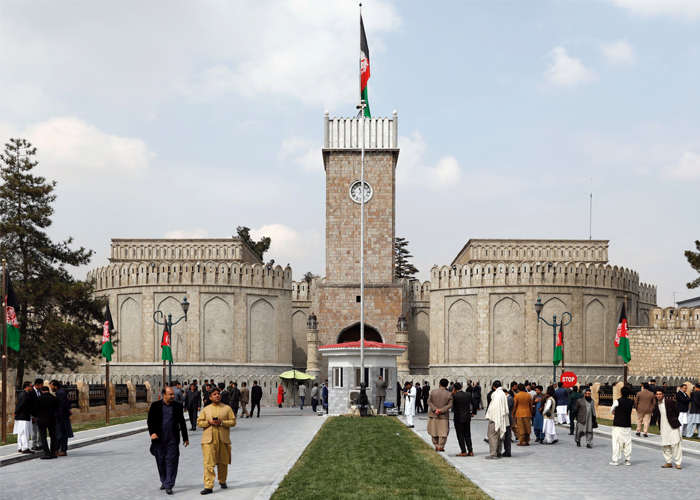Regardless of our political beliefs and past history, all Afghans have one aim in common; lasting peace. Afghanistan has a population of around 39 million, but more than 5 million people make up the global diaspora living in an estimated 78 countries. A key point for the future of Afghanistan’s democracy is that there is real strength in this diaspora, and that it should be considered in planning future strategy.
I write this as someone who is a part of that diaspora. My family has been spread around the world, and my generation has become very successful in education and their professional career. Sadly, many of these young Afghans, and also those within Afghanistan, do not see their future and the future of their mother state as being one and the same. It is essential that this changes. We need to establish a global network to connect the children of the diaspora with the children of their own generation to allow for innovation and entrepreneurship to flourish in the future.
If Afghan democracy is going to succeed, then we need to turn to the experience of Afghans who have lived and participated in democratic states across the world. The same is true of economic development and investment. But for this to be the case corruption, has to be eradicated. Afghanistan has to be made an attractive state in which to invest for all expatriots. The future is about renewable energy like fields of solar panels, wind farms and the further development of transport infrastructure to trade with neighbouring countries are needed for a sustainable economy. A vital starting point for that is a stronger focus on human rights, especially women and respect for all ethnic groups within the country.
We have to change Afghanistan’s global reputation as an underdeveloped state that is racked by poverty. Economic investment is one part of the solution, but housing and education are even more important. A national education system that supports school-aged learning for all children from nursery to age 16 is vital. Healthcare also needs to improve, and mental health should be central to this strategy. The impact of over four decades of war has left a legacy of trauma and the scars are passed from generation to generation. To have hope, we need to acknowledge this and break the vicious cycle.
In international relations, Afghanistan can never again be a pariah state. Strategic partners for security are essential, and this security needs to come from within. Border security must become a reality, and effective anti-terrorist authorities must be embedded within each province.
Islam is at the core of our identity. It is sacred and immutable. The future political system must be respectful of Islam, but without becoming a fully theocratic state.
A civil society that allows for a kaleidoscope of opinions must sit alongside our love of Islam. A separation of religion and the state is necessary for this to be developed.
Learning from the development of states around the world, a system where the executive branch has limited powers is preferable to an authoritarian state. This is most effective when there is a separation of the three major branches, the legislative, executive and judiciary, so each authority provides checks on each other’s power.
For these challenges to be met, expertise is needed. This should not be foreign expertise, but the skills and experience of the Afghan diaspora. This will be the only way for Afghanistan to take control of its own future without foreign intervention. However, this will need a direct appeal; Afghans around the world need to be convinced that their mother country’s future is their future too.
Home » Opinion » Future-proofing Afghanistan
Future-proofing Afghanistan
| Hossa Skandary-Macpherson

